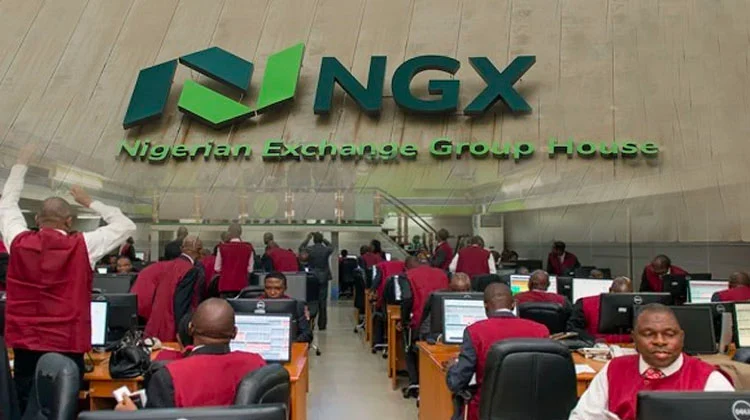
The Director-General of the Small and Medium Enterprises Development Agency of Nigeria (SMEDAN), Charles Odii, says one of the biggest reasons small businesses in Nigeria shy away from registration and legitimacy is the fear of taxes.
Speaking in an interview with ARISE News on Friday, Odii explained: “One of the reasons why we see small businesses run away from being legitimised in Nigeria is because they fear taxes. And so we have started, we’ve done the heavy lifting.”
“I’m very, grateful to His Excellency, President Bola Ahmed Tinubu, for passing the tax bill. It’s going to be a law that will come into place in the year 2026. And what that means is that before now, as a small business owner, if you generate ₦25 million or below per annum, you don’t pay taxes. You are exempted from company income tax.”
He added that, “The President, in his magnanimity, has moved that to ₦50 million. So a lot of our small businesses now have nothing to fear.”
He stressed that formalisation is crucial for government support and resource allocation.
“You can come into the formal net, and by so doing, we know you. Because we cannot support our small businesses if we don’t know them. Knowing them means that we can now make informed decisions as to the distribution of limited resources. And now our small businesses can take advantage of loans, grants, government support, guidance, and resources — financial and non-financial. We can open their eyes to the opportunities that are available.”
Highlighting trade opportunities under the African Continental Free Trade Area (AfCFTA), Odii said:
“Take, for instance, the AfCFTA agreement. Nigeria, as a market, is about 250 million people. Africa, as a market, is 1.5 billion. And our small businesses can now trade with their counterparts across the continent. We just won the right to host the International African Trade Fair in the year 2027, and the first step to formalising and structuring our small businesses is getting them registered with CAC.
“When they register, they can then get the support to make sure that Lagos, as a state, can reap the transformational benefit of hosting the trade fair.”
The SMEDAN DG explained that the new partnership with the Corporate Affairs Commission (CAC) to register 250,000 nano, micro, and small businesses free of charge is only the beginning.
“We’re going to do this for three months and come back to the table. If we need to increase that, we’ll increase it. But we’re starting with 250,000. Then we can see how we can ramp this up and get the lessons that we’ll learn from going into the markets in the next three months. We’re going to go at it together — we’ll be on TV, on radio, online, and in the field.”
On how to reach business owners in rural areas, he said:
“The large chunk of them are in the rural areas, in the local governments. We have our state offices in all the states in Nigeria, and we have business development service providers that go out to them.
“Because we understand and we conduct listening meetings, we know that one of the reasons why they are not structured is because they are not registered with CAC. And so we’ve come together, CAC and SMEDAN, to say, listen, we want to help you grow. Disturbing statistics show that small businesses fail in the first three years, and one major reason is lack of business structure. Now that CAC and SMEDAN are coming together, we are structuring these businesses.”
He also pointed business owners to the new registration platform:
“We have a portal. We get the small businesses and get their requests, and then we take it to CAC on a weekly basis. We get the CAC certificate and we just post it to small businesses. The portal is portal.smedan.gov.ng”
Boluwatife Enome



